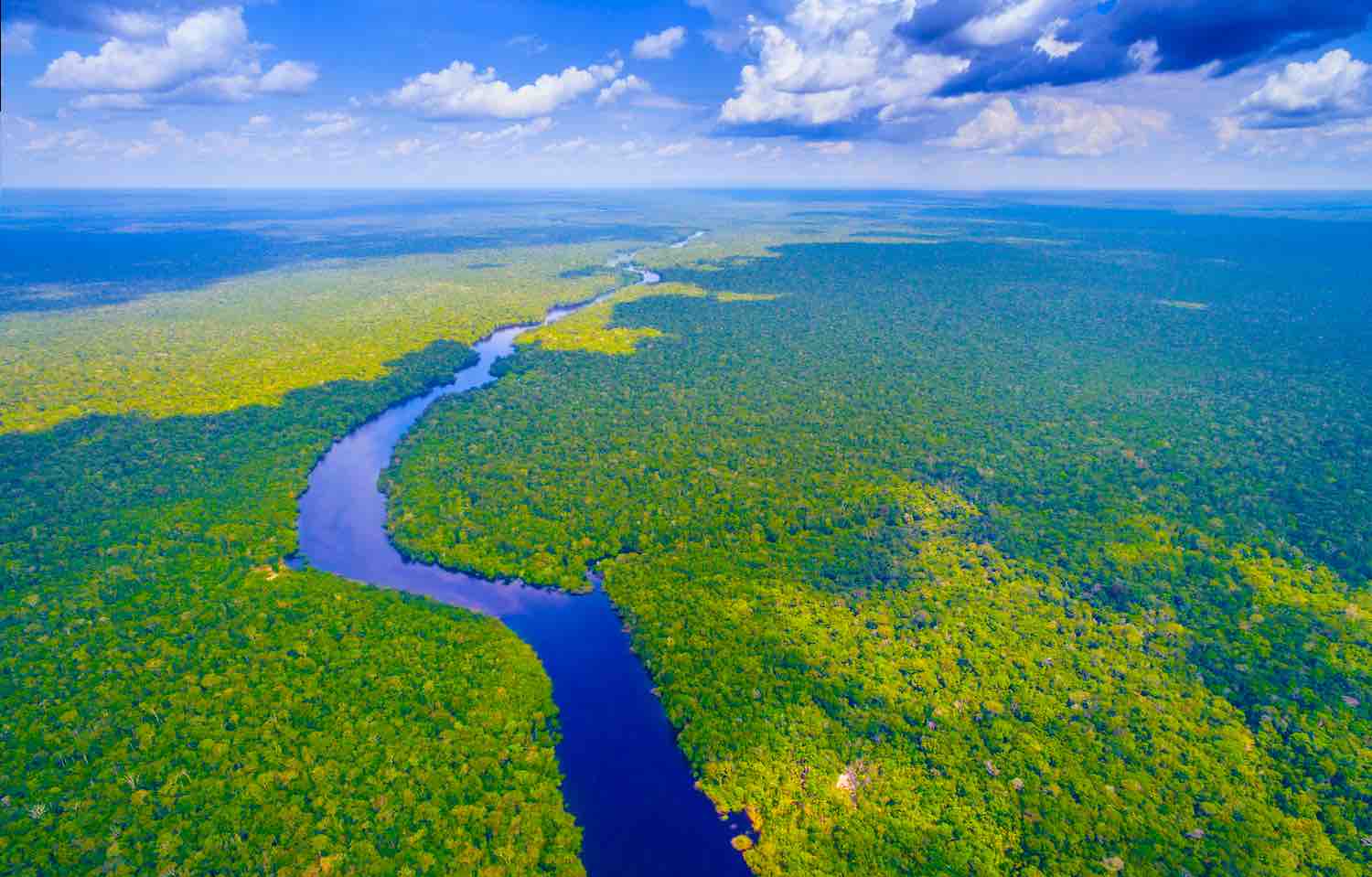ImpactAlpha, July 8 – Record-shattering heat and extreme weather are upping the urgency for climate action. On the front lines of climate disruption in emerging markets, climate finance is still catching up. Some recent signals:
Banking on Amazon destruction. Many banks have banned oil and gas financing in the Arctic. Not so in the Amazon. Natixis, Citigroup, JP Morgan Chase, Goldman Sachs, Deutsche Bank, and HSBC are at “very high risk” for contributing to Amazon rainforest destruction, according to Stand.earth and Amazon Watch. Many banks have weak policies with regard to deforestation, pollution and biodiversity.
Other blind spots: revolving credit facilities that don’t specify the use of funds, the lack of Indigenous consent, and inadequate grievance processes.
The environmental groups call on banks to end fossil-fuel finance in the Amazon by the end of this year.
Emerging market climate finance
The $66 billion in climate finance committed by multilateral development banks last year represented an increase of about 7% from 2019, according to the European Bank for Reconstruction and Development and seven other MDBs. The banks brought along another $85 billion in co-financing for a total of $151 billion.
Most of the multilateral funding went to climate mitigation; only a quarter was pegged for climate adaptation. Low- and middle-income countries received 58% of the funds, or $38 billion, mostly in loans.
Follow the money
Funds dedicated to renewables ($52 billion) out-raised conventional energy funds ($8 billion) by more than six-fold last year, according to the financial data provider Preqin.
Investors have poured another $30 billion into renewable energy PE funds so far this year, as much as 25 times the investment in legacy energy sources. Investors are fleeing investments that don’t meet ESG criteria for fear they’ll be left holding stranded assets.
“One of the critical questions we have is who will buy this business in five years’ time,” Philippe Poletti of the private-equity firm Ardian told Bloomberg.











